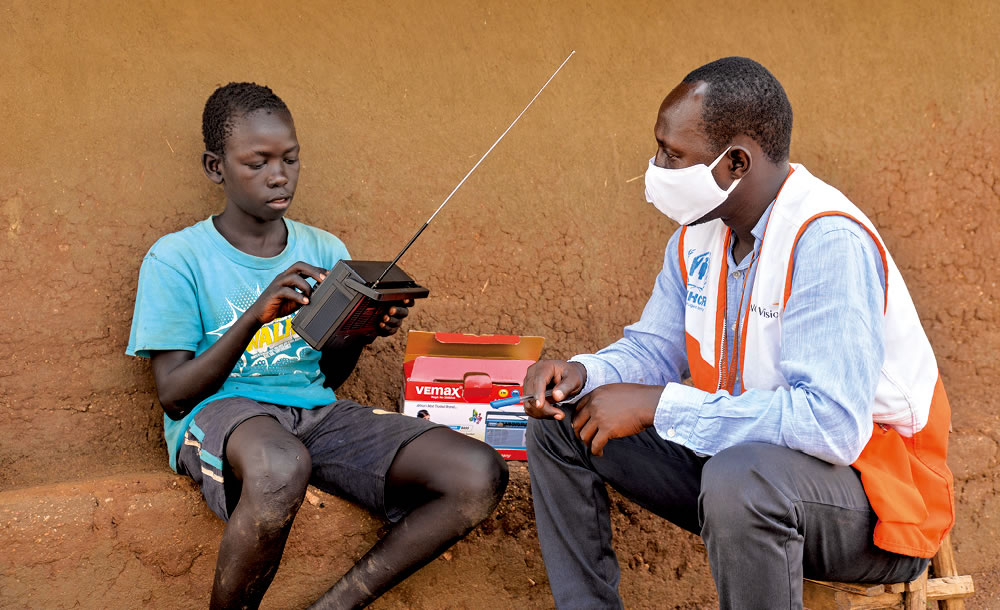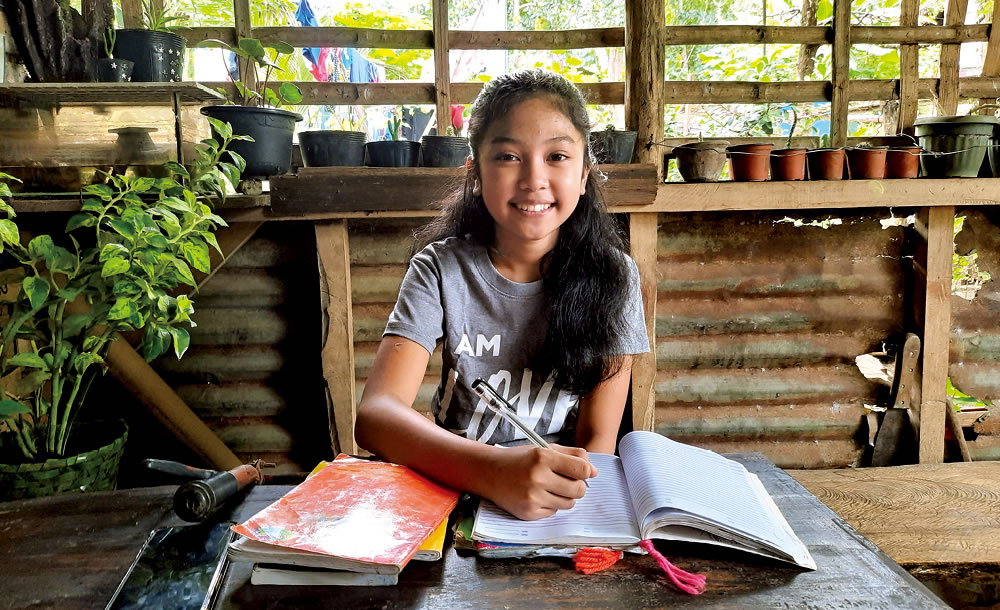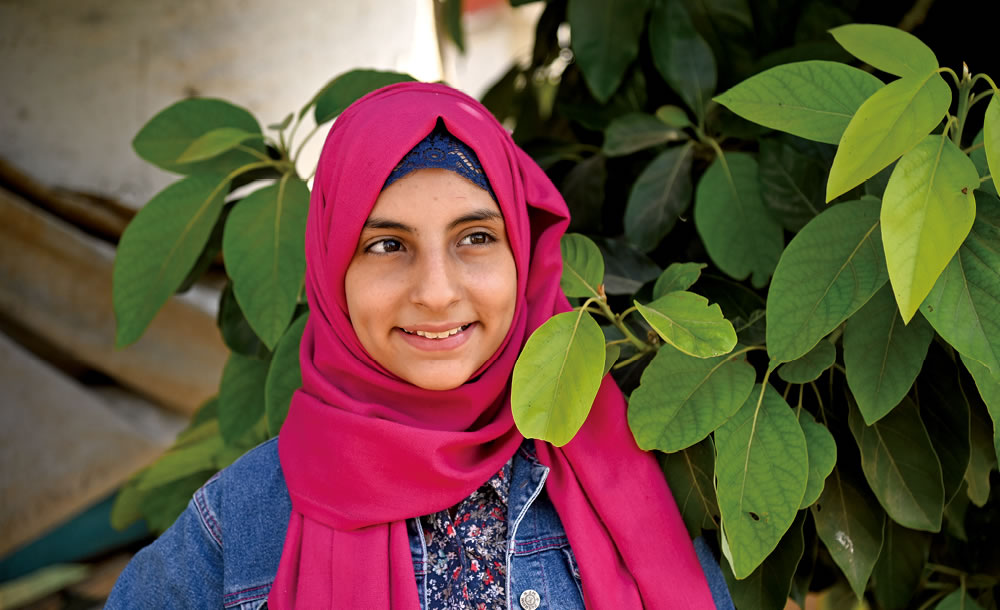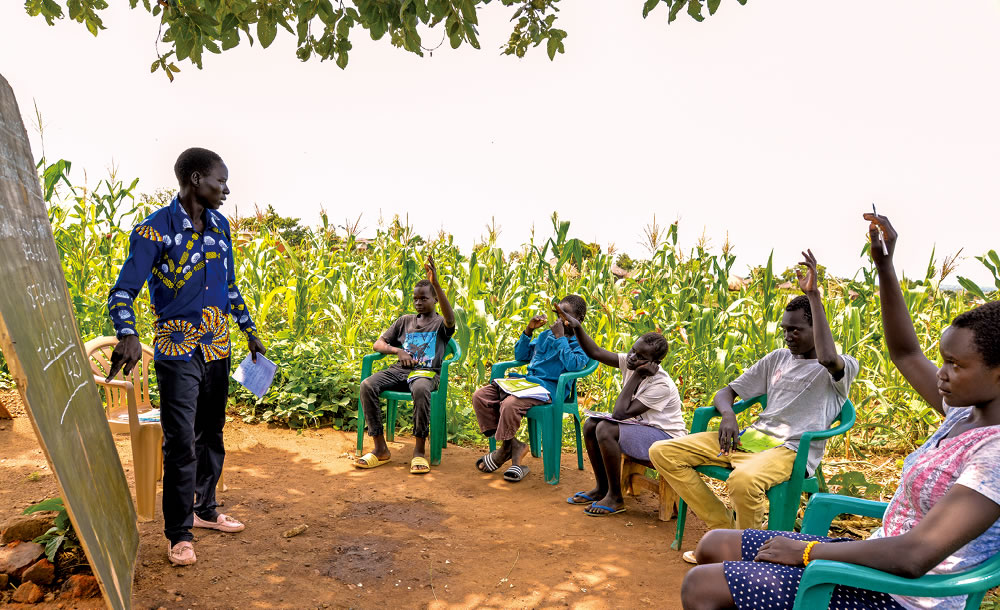Tags:
A Disaster for an Entire Generation?
For many students, this year’s first day of school must have been an eagerly anticipated and somewhat trembling moment. Amid the pandemic, it has been difficult for students to focus and catch up on their studies while following stricter hygiene measures. Unfortunately, for some, the pandemic has put an end to their education. According to forecasts made by the United Nations in its policy brief on education during COVID-19 and beyond, some 23.8 million additional children and youth may drop out or not have access to school next year due to the pandemic’s economic impact alone.
UN Secretary-General António Guterres says that the COVID-19 pandemic has led to the largest disruption of education ever. He says, “Now we face a generational catastrophe that could waste untold human potential, undermine decades of progress, and exacerbate entrenched inequalities.” As decades of progress in education are being reversed, there will be knock-on effects on child nutrition, child marriage and gender equality among others, exacerbating pre-existing disparities. Therefore, we must work harder than ever to make Sustainable Development Goal 4 (SDG 4) a reality, ensuring inclusive and equitable quality education for all.
Progress on Implementing Quality Education
According to the Sustainable Development Goals Report 2020, released by the United Nations in July this year, the world is not on track to meet the targets set out to ensure inclusive and equitable quality education by 2030, in spite of the progress in recent years. It is projected that over 200 million children will still be out of school, and 40% of young people will not complete upper secondary education. However, these are only projections prior to the COVID-19 pandemic, and has yet to consider the devastating disruptions that the global outbreak causes on education, including the effects of school closures on children’s learning, as well as the aggravated educational inequalities that arise as a result.
The prime goal of providing quality education is to keep children and youth in school, followed by ensuring that they complete their education. For the former, the report points out that the proportion of children and youth out of school has dropped from 26% in 2000 to 17% in 2018. While the figure was lowered, 258 million children and youth were still out of school, of which three quarters lived in sub-Saharan Africa and Southern Asia. In terms of ensuring children complete their education, the report estimated that the global primary school completion rate was significantly increased from 70% in 2000 to 85% in 2019. However, further efforts are needed as such rates for lower and upper secondary school were only at 73% and 49% respectively.
However, as COVID-19 broke out across the world, over 190 countries opted to implement nationwide school closures this year, leaving about 90% (1.57 billion) of all children and youth out of school. Although four out of five countries with school closures have since been able to provide distance learning solutions, such remedies remain out of reach for many children and youth living in remote communities, extreme poverty, fragile countries and refugee settlements who do not have access to the necessary resources. According to data in 2019, about 87% of households in Europe had Internet access at home, but this figure only amounted to 18% in Africa, where only 11% of all households owned a computer. Of course, owning a computer does not necessarily mean knowing how to use it or learn online through it. In about half of the 86 countries for which data are available, less than half of the population possessed basic computer skills as simple as copying a file. This shows that although authorities and schools may have offered remote learning, students may not have been able to make full use of it during the pandemic due to their families’ lack of resources and skills.


 Gift Catalogue
Gift Catalogue VisionFund
VisionFund Share.LOVE Wedding Favour Donation (Hong Kong)
Share.LOVE Wedding Favour Donation (Hong Kong) Share.JOY Cash Gift Donation (Hong Kong)
Share.JOY Cash Gift Donation (Hong Kong) Share.LOVE Wedding Favour Donation (Macau)
Share.LOVE Wedding Favour Donation (Macau) Share.JOY Cash Gift Donation (Macau)
Share.JOY Cash Gift Donation (Macau) Your Red Packet
Your Red Packet  Legacy Giving
Legacy Giving Project Support
Project Support Local Programme
Local Programme Help Children in Need
Help Children in Need Donation to Where Most Needed
Donation to Where Most Needed









 When the pandemic caused schools in Uganda to suspend, classes were broadcasted via the radio. It was only after receiving a radio from World Vision that Isaac was able to continue his studies.
When the pandemic caused schools in Uganda to suspend, classes were broadcasted via the radio. It was only after receiving a radio from World Vision that Isaac was able to continue his studies.
 Despite lacking the resources for distance learning, Nexi is determined to do her best no matter what mode of learning is used.
Despite lacking the resources for distance learning, Nexi is determined to do her best no matter what mode of learning is used.
 Malak, a Syrian refugee, used to be very shy, but has since become very confident after completing two years of education with the support of World Vision.
Malak, a Syrian refugee, used to be very shy, but has since become very confident after completing two years of education with the support of World Vision.
 As a refugee himself, Santos voluntarily set up a mobile teaching programme to help refugee children from South Sudan continue to learn during the pandemic.
As a refugee himself, Santos voluntarily set up a mobile teaching programme to help refugee children from South Sudan continue to learn during the pandemic.










